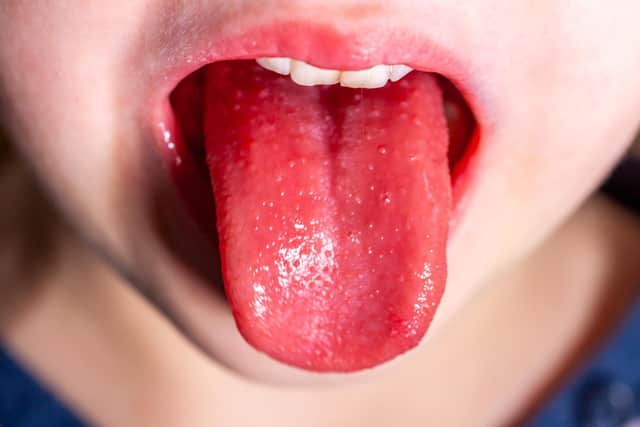Strep A: Figures reveal scarlet fever cases in Portsmouth and Hampshire as concern rises
and live on Freeview channel 276
The highly contagious infection is caused by the Strep A bacteria. Symptoms include a sandpapery skin rash and a white coating on the tongue.
Antibiotics have made the infection milder and treatable. However, in rare occasions, the bacteria can get into the bloodstream and cause a potentially deadly infection called invasive Group A Strep (iGAS).
Advertisement
Hide AdAdvertisement
Hide Ad

A child who attended Morelands Primary School in Crookhorn Lane, Waterlooville, sadly passed away after contracting the infection. Parents are urged to seek medical advice if their child is getting worse, has a fever, is eating much less than normal or is very tired or irritable.
Data from the UK Health Security Agency (UKSHA) shows there are two reported cases of scarlet fever in the week of December 4 in the Portsmouth local authority area – five the week before. There are two reported cases in Gosport, zero the week before, five in Fareham, four previously, zero in Havant, one last week, two in East Hampshire – previously one – and nine in Southampton, previously 11.
The Isle of Wight has the most cases in England and Wales with 32, with 22 the week before. Dr Colin Brown, deputy director of the UKSHA, said ‘we are seeing a higher number of cases of Group A strep this year than usual.’
Rates of scarlet fever are above average this year, but are not at record highs. Scarlet fever rates dipped considerably during the coronavirus pandemic, due to social distancing restrictions and increased hygiene precautions
Two children at Brynaman Primary School, Wales, were hospitalised after 24 diagnoses.